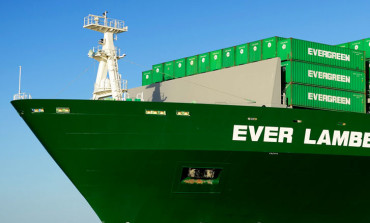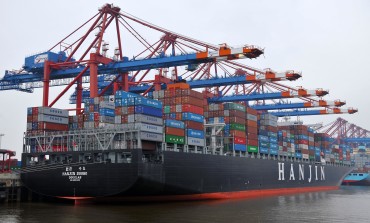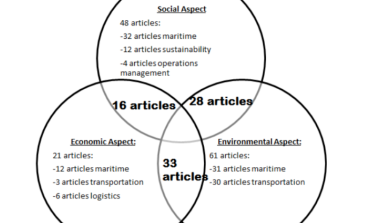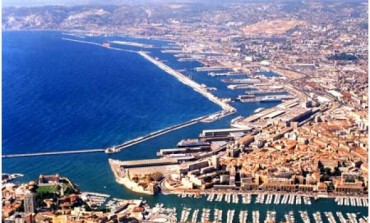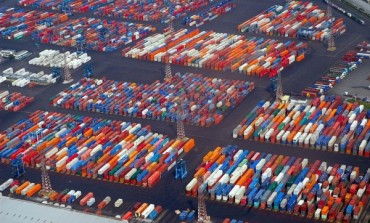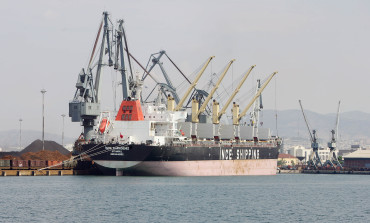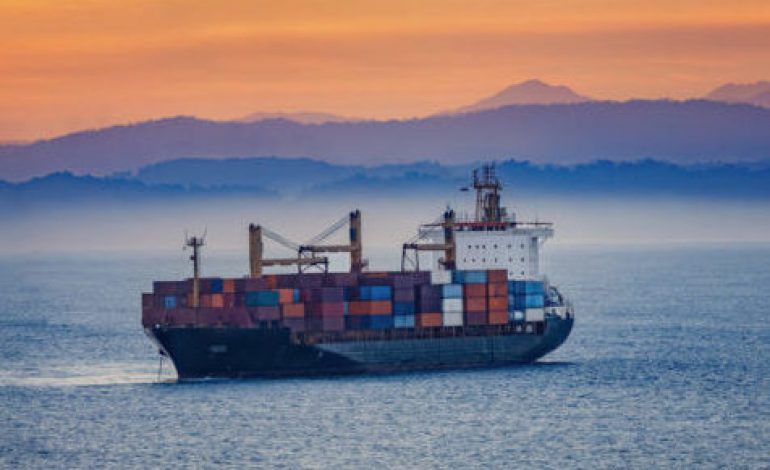 European Port Policy
European Port Policy

Pierre Cariou
Pierre Cariou is Senior Professor at Kedge Business School, Visiting Professor at the Shanghai Maritime University and at the World Maritime University (WMU). He is Head of the Maritime Governance, Trade and Logistics Lab of KEDGE Supply chain center of excellence and Associate member of the Hapag-Lloyd/Khüne Logistic University Global Logistics Research Center. He held the French Chair in Maritime Affairs at WMU from 2004 to 2010 and started his academic carrier as Associate Professor in Economics at the University of Nantes (France). He completed his PhD on liner shipping strategies and contributed since 2010 to several reports for various shipping-related companies (French shipowner Association, SKS Tanker, LDA, SOCATRA, CMA CGM…), Port Authorities (Nantes-Saint-Nazaire, Port La Nouvelle, and Marseille), Shippers (Casino/SRS Group…), Banks (NATIXIS)... His main research interests are in shipping/port economics and shipping environmental protection and safety, on which he published more than 80 peer-review articles. He is an associate member of https://www.porteconomics.eu/, and he was the International Association of Maritime Economists’ Vice President (2014-2016) and KEDGE Business School Director of Research (2015-2017).
Author's Posts
 European Port Policy
European Port Policy



